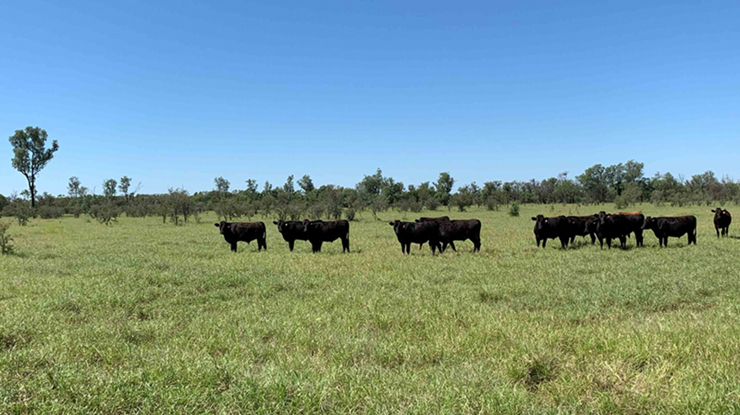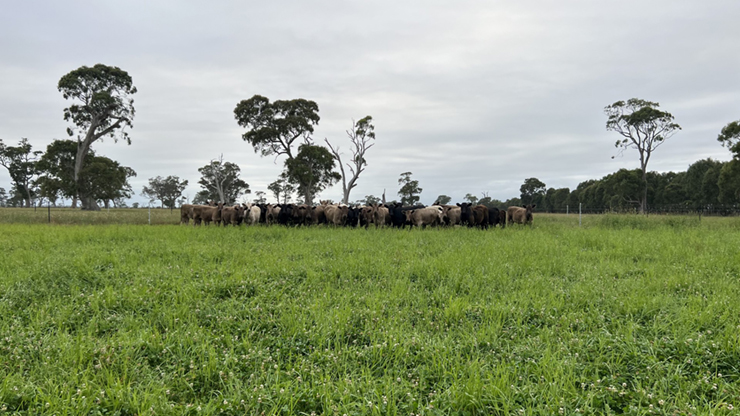
The University of Melbourne — in partnership with Ashoka University, Universitas Gadjah Mada, Pontificia Universidad Católica de Chile, Mahidol University, University of Manchester, University of Nairobi and the University of Toronto — has established the Global Humanities Alliance (GHA), an initiative that aims to raise the profile and social and political impact of the humanities and social sciences globally.
Representatives from the eight partner universities signed a joint letter of intent at the University of Manchester on 11 October.
The GHA is a signature initiative for the University of Melbourne’s Faculty of Arts. It has been developed over several years to bring scholars and students with diverse global perspectives together for critical conversations both across the university and internationally.
Professor Jennifer Balint, Dean of the Faculty of Arts at the University of Melbourne said: “The GHA is a key element of the University’s Advancing Melbourne Globally Strategy, which outlines our global vision and reinforces our commitment to serving as a knowledge hub for Asia and the Pacific through education and research partnerships.
“The Faculty of Arts looks forward to progressing this critical work in the years ahead.”
The initial activities of the GHA include the formation of four core working groups on the themes of public humanities, sustainability and climate change, decolonising knowledge, and digital transformation.
These working groups, which bring together over 75 scholars from the eight partner universities, have begun work thinking about future joint research and teaching initiatives.
“A core value of the GHA is that by combining our complementary and distinctive strengths we can better address key global challenges and showcase the difference humanities, social sciences and liberal arts make to the world,” said the University of Melbourne’s Professor Kate McGregor, Associate Dean International at the Faculty of Arts
“Over the course of 2025 the GHA hopes to deepen the teaching and research relationships across the partner institutions.”
For more information, visit the .








